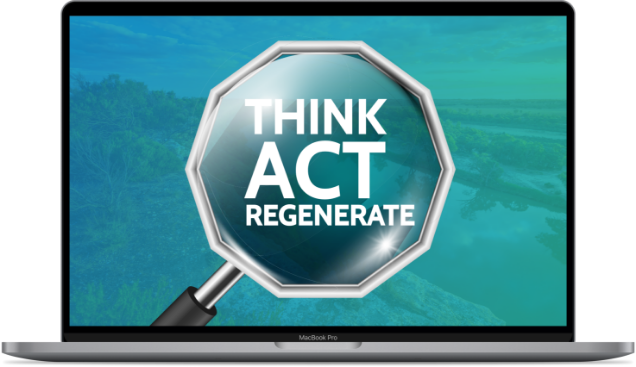Sustainability for business
growth and profit
A guide to generating extra good
business opportunities
3 decades of supply chain innovation insight into the opportunity side of sustainability

I started my sustainability adventure back in 2002 – almost by accident.
I’d just begun working as a management coach – after more than 20 years as a supply chain consultant and manufacturing systems analyst working on industry innovation
Then I encountered the practical, positive, industrial, solutions side of sustainability I was excited and inspired.
I love a solid book rich in big ideas, so I dived into this new world of innovation. I read up on big ideas like Natural Capitalism, Biomimicry, The Natural Step and more.
However, I also wanted to find “the short strategic summary” – something that my busy executive clients could fit into their workload.


Why was this new perspective on sustainability in business SO important?
It was important because it was full of OPPORTUNITY!
Because it turns out – once you look beyond what “everybody knows” about cost and compliance – that there’s a whole lot of profitable innovation happening.
When you get strategic, today’s accelerating developments in smarter design and cleaner technology are combining with increasing market demand to turn “this environment thing” into:
“The biggest business opportunity since the invention of money!”
But the fog of compliance and cost and fear and blame was hiding those opportunities.
I still hadn’t found a strategic, plain language book that would explain the opportunities without unnecessary complexity, fear and guilt…
So in 2009 I gave up looking – and I wrote the thing myself – THE DEEP GREEN PROFIT HANDBOOK.
It took me just 92 pages (even using readably-sized font and lots of white space).
It distilled the super-effective systems design principles driving regenerative business innovation around the world into straightforward business strategic insights.
Business designs, builds and delivers the vast majority of products and services humans use every day.
When you spend your working life in factories, warehouses and planning offices, you get a whole new perspective on environmental impact.
You understand at a gut level that the design of the products and services we use every day is NOT controlled by governments and policy.
Why does this matter?
80% of resource consumption impact is locked in at the design stage.
Business does the making – not government.
Government and policy makers may regulate OUT harms – but they don’t lead or manage industrial and process design – and especially innovation – in the world’s factories and warehouses and transport systems.
So the best way to make accelerate change is to upgrade the thinking of designers, engineers AND the managers and entrepreneurs who brief them.
The most powerful place to change a system is in it’s design paradigm
The DEEP GREEN PROFIT HANDBOOK explained the core principles and practices and profit potential of business designed to regenerate its host ecosystems and communities.
Sure the actual process of innovation requires work – but the exploration of the opportunities requires an entrepreneurial mindset – not a masters in environmental science.

A physical book is great to hold – but what happens in a world of accelerating change?
After a while I took a close look at the book and the many developments since it was published. I decided that a book simply wasn’t going to keep up.
There was just too much happening, too quickly.
In 2018 I updated the core content and converted the book into a short email series called the Deep Green Profit INSIGHTS.
It covered 10 key principles to uncover new business and career opportunities in the regeneration game. With an introduction and some “next steps”, that made a 12-email series, scheduled for delivery over 6 weeks.
And as I found better resources and new examples, I could update a single email – instead of republishing a book.

As I got clearer about my message, the title Deep Green Profit became inadequate…
The principles had developed, the logical sequence had shifted, and the examples were increasing..
More interestingly, the term “regenerative” was gradually evolving into the world of business.
So in 2024, I updated the email series again, to bring them to a broader audience as the Think Act Regenerate INSIGHTS.

Find out how to get your piece of the growing wealth of solutions action
The Think Act Regenerate INSIGHTS are a practical way to start exploring the solutions we have today that make the world better today.


